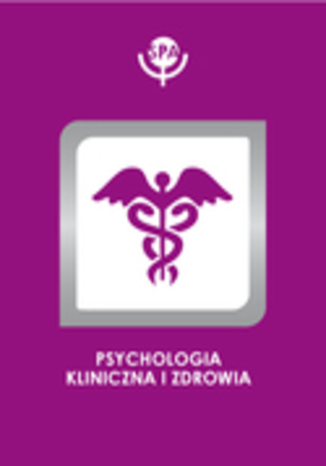Dzieci alkoholików w perspektywie rozwojowego modelu podatności i odporności na zaburzenia psychiczne

Lidia Cierpiałkowska
DOI:
Rocznik: 2007 Tom: 13 Numer: 1
Strony: 7-18
The development of concepts and models of research concerning the influence of parents’ (a parent’s) alcoholism on children’s development gives a more accurate knowledge of their biological and social condition in different stages of life. Research outcomes based on inter- group (children of alcoholics and non-alcoholics) and intra-group comparisons corroborate the hypothesis that developmental pathways of these children lead either to health or to psychological disorders. Models of developmental psychopathology and models of resistance to disorders attempt to specify the interaction of risk factors and resistance resources which determine these children’s development in the second and third decade of their lives. The knowledge from scientific research outlines a different picture of their psychic qualities and social functioning from the one that has been popularized for decades by clinical practitioners in their popular science publications.









 Pobierz pełny tekst
Pobierz pełny tekst



